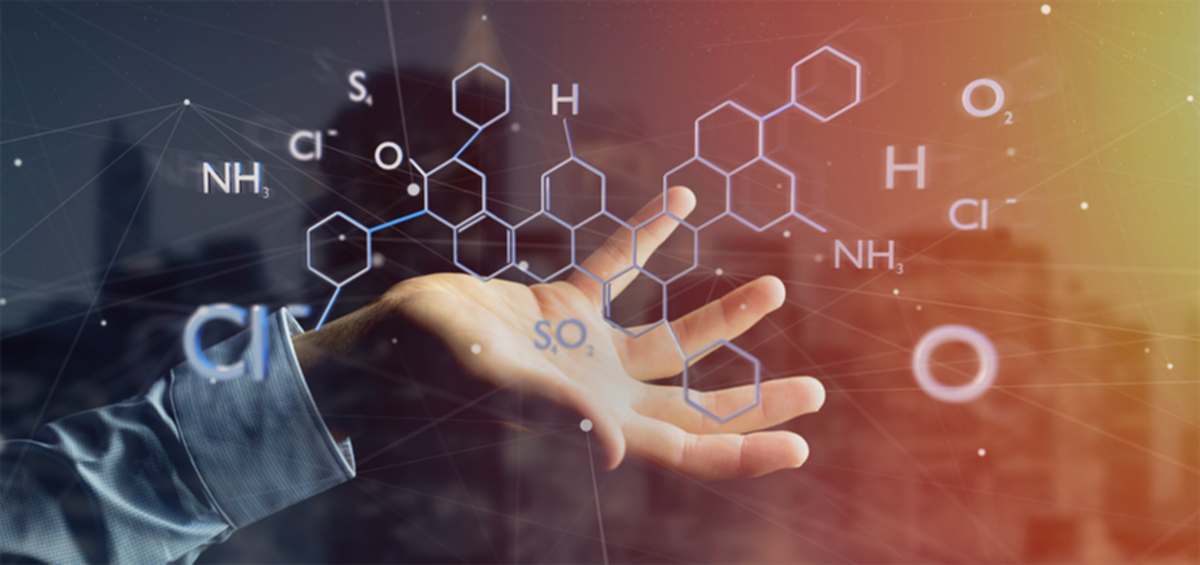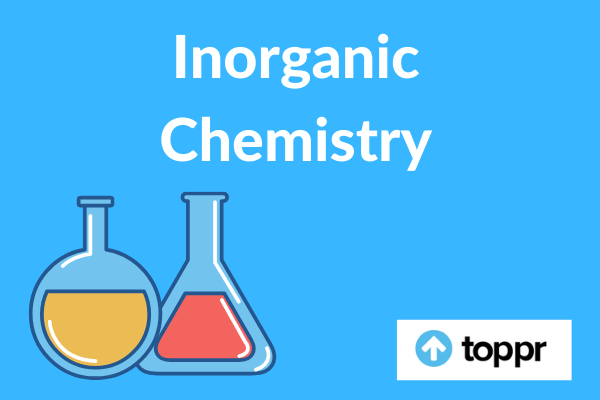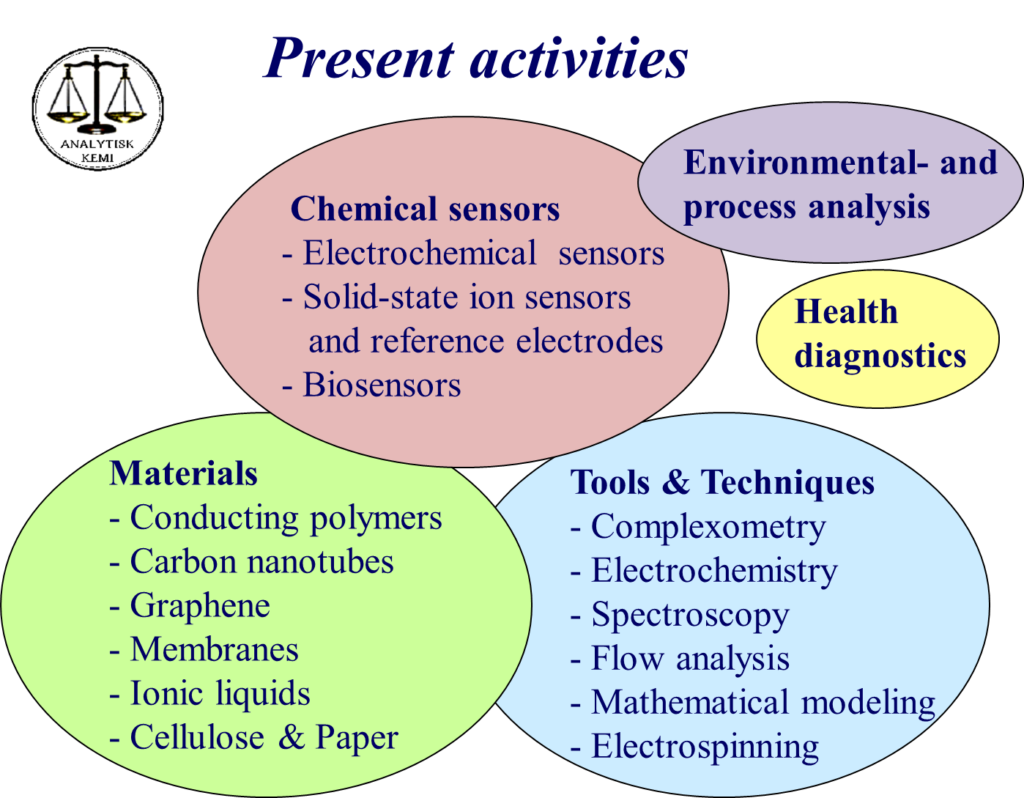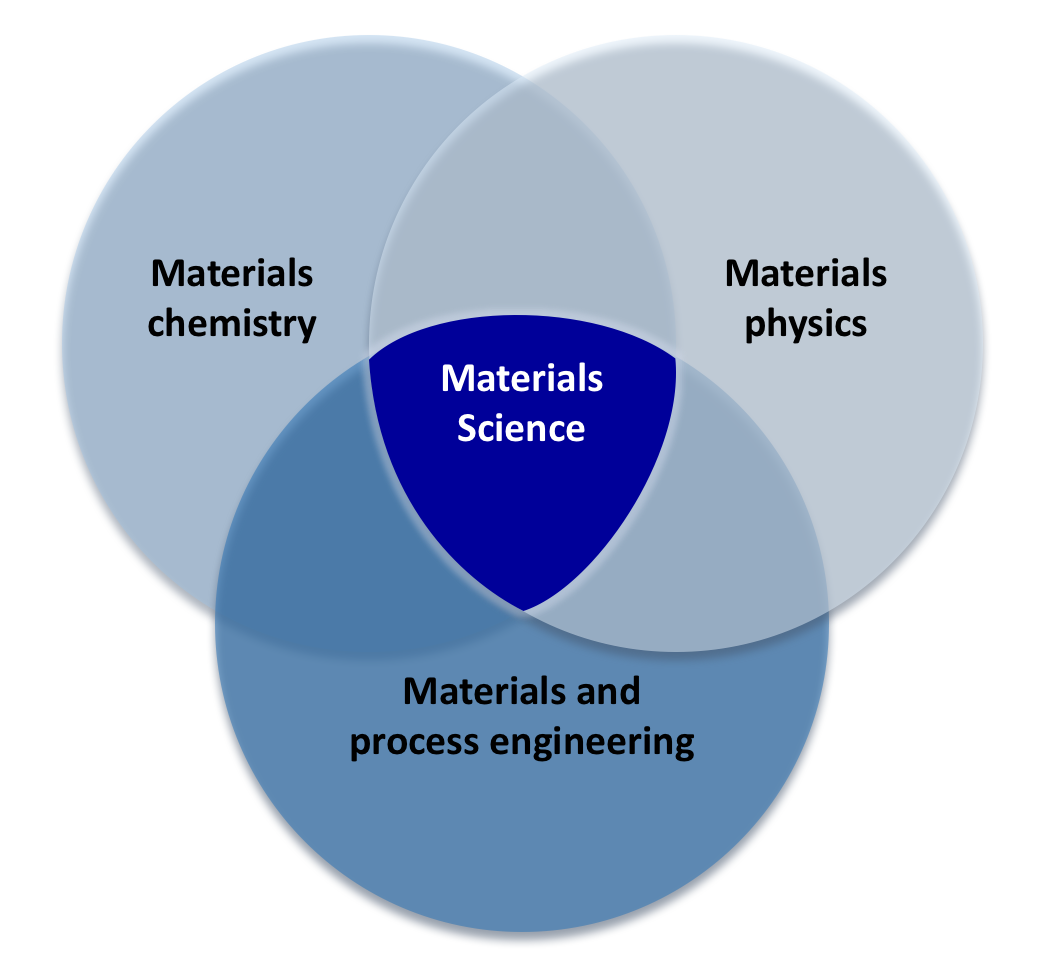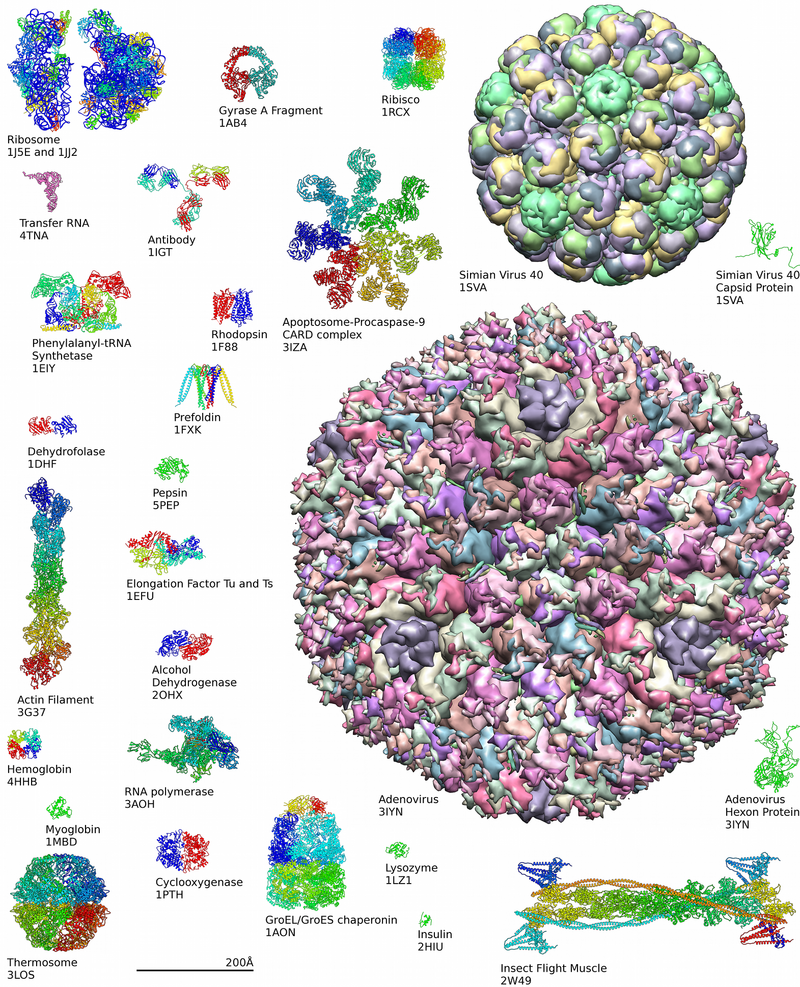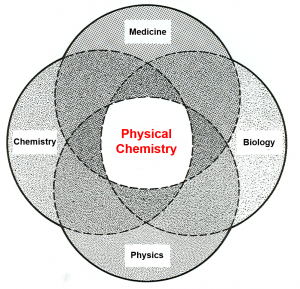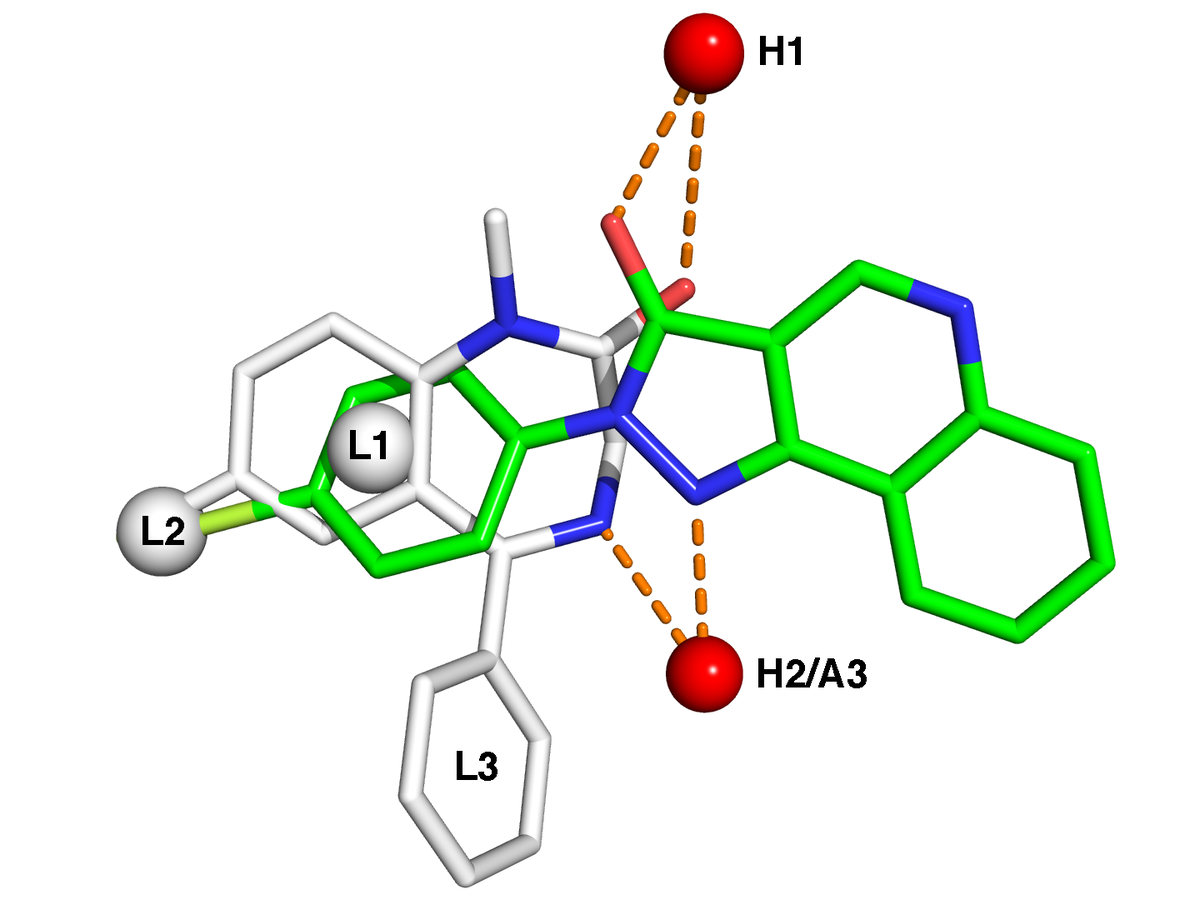Course Details:
Chemistry education as an undergraduate program focuses on the study of chemistry in the context of teaching and learning. It is a field that combines the fundamental principles of chemistry with pedagogical methods and instructional strategies, preparing students to become effective educators in the discipline of chemistry.
In this program, students delve into the core concepts of chemistry, including atomic structure, chemical bonding, reaction kinetics, and thermodynamics, while also developing a deep understanding of how to effectively communicate and teach these concepts to others. They gain practical experience in laboratory settings, conducting experiments and learning how to design engaging and educational chemistry experiments for their future students.
Chemistry education programs also emphasize the development of strong pedagogical skills, including lesson planning, curriculum design, and assessment strategies. Students explore various teaching methods and approaches, integrating technology and educational resources to create interactive and dynamic learning experiences. Through field experiences and student teaching opportunities, students have the chance to apply their knowledge and skills in real classroom settings, working closely with experienced educators.
Upon completion of a chemistry education program, graduates are well-equipped to pursue careers as high school chemistry teachers or educators in informal science education settings. They have the knowledge and skills to effectively engage students in the wonders of chemistry, foster scientific inquiry, and cultivate scientific literacy. Chemistry educators play a vital role in inspiring the next generation of scientists and promoting an understanding of the fundamental principles that underpin the natural world.
Course Structure:
A Bachelor of Science (B.Sc.(ED)) in Chemistry can be earned after three or
four years of study at Anchor University.
The majority of staff members who are tutors in their field provide tutorials,
classes, and lectures. Many of them are top-tier experts with extensive training in
both teaching and research. Educated PhD students and early-career researchers with
practical research experience may also conduct some teaching.
-
First Year Courses
- Core Courses (70%):
- General Chemistry I & II
- General Practical Chemistry I & II
- General Biology I & II
- General Mathematics I & II
- General Physics I & II
- Laboratory Physics I & II
- Introduction to Teaching Profession
- Introduction to Problem Solving
The courses listed on this page are illustrative and may change.
Assessment
- Continuous Assessment.
- Projects
- Examination.
- Praticals
-
Second Year Courses
- Core Courses (70%):
- Educational Administration
- Philosophy of Education
- Microteaching and School Visit
- Inorganic Chemistry I
- Physical Chemistry I
- Inorganic Chemistry I
- Structure and Bonding
- Physical Chemistry I
- Introductory Chemistry
- Linear Algebra I & II
- Properties of Matter
- Subject Methodology I
- Educational Psychology
- History and Philosophy of Science
- Analytical Chemistry I
- Organic Chemistry I
- Modern Physics
The courses listed on this page are illustrative and may change.
Assessment
- Continuous Assessment.
- Projects.
- Examination.
- Praticals
-
Third Year Courses
- Core Courses(70%):
- Teaching Practice I
- Curriculum and Instruction I
- Educational Technology
- Nigerian Primary/ Secondary School Science Curricula
- Physical Chemistry II
- Practical Physical Chemistry
- Atomic, Molecular Structure & Symmetry
- Organic Chemistry II
- ICT in Education
- Special Education
- Subject Methodology II
The courses listed on this page are illustrative and may change.
Assessment
- Continuous Assessment.
- Projects.
- Examination.
- Praticals
-
Fourth Year Courses
- Core Courses(50%):
- Applied Spectroscopy
- Quantum Chemistry
- Electrochemistry
- Analytical Chemistry II
- Seminar
- Scientific Writing
- Polymer Chemistry & Technology
- Industrial Labouratory Methods
- Synthetic Organic Chemical Manufacture
- Research Project
- Material Science and Nanotecnology
The courses listed on this page are illustrative and may change.
Assessment
- Continuous Assessment.
- Projects.
- Examination.
- Praticals





